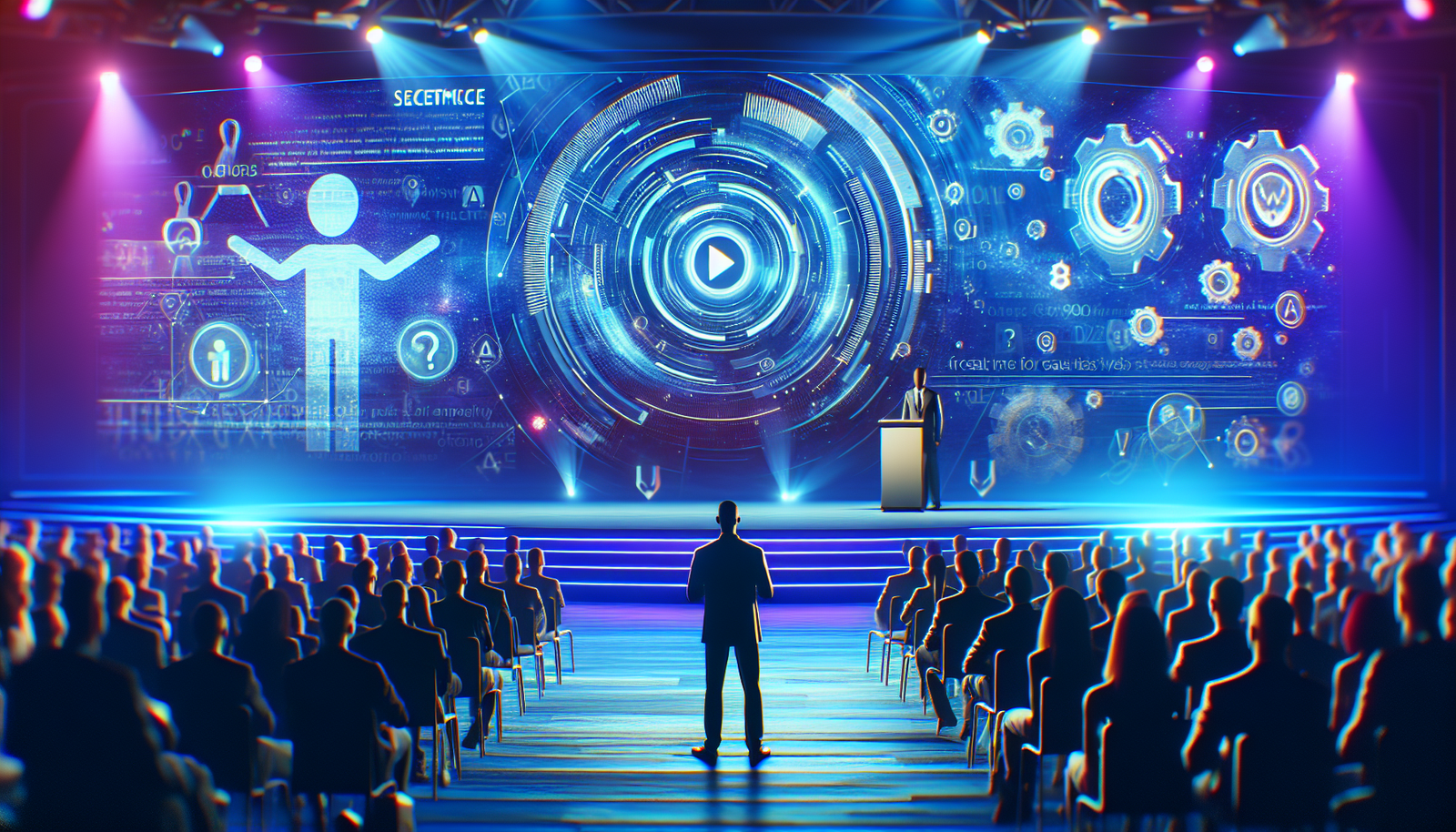Meta and its revolutionary video creation model
Meta has recently lifted the veil on Movie Gen, a new artificial intelligence model dedicated to generating videos from simple text instructions. This innovative system allows its users to create engaging clips using only textual elements to guide the process. Meta positions itself as a key player in the field of generative AI, seeking to redefine multimedia creation.
The launch of Movie Gen, which also includes an audio component, illustrates Meta’s ambition to dominate the text-to-video category. Users can now bring their imagination to life by formulating scenarios, enhanced by relevant sounds. This advancement marks a turning point in the traditional approach to audiovisual creation, making creative tools more accessible to both novices and professionals.
Sora from OpenAI: a troubling silence
Meanwhile, OpenAI is no longer communicating about Sora, its own video generator announced at the beginning of 2024. Presented as capable of producing one-minute videos while adhering to user guidelines, Sora has kept users waiting without significant updates. The complex scenes and multiple characters it promised hinted at vast potential, but the lack of news raises questions about its development.
OpenAI’s discretion is all the more striking in an ever-evolving sector. The contrast with Meta’s activity is striking. While Meta asserts its creative ambitions, OpenAI seems to be withdrawing from the competition, leaving its users in uncertainty. This silence could signify significant challenges faced by the Sora team, or a strategic redefinition underway that remains to be clarified.
The stakes of the generative AI market
The generative AI market is experiencing a frenzied dynamic, leading to fierce competition among technology giants. The success of Movie Gen could influence the future of digital creation tools while putting pressure on OpenAI. Companies like ElevenLabs are also preparing to engage more in this niche with fundraising on the horizon. The landscape is rapidly changing, and each player must position themselves to avoid being left behind.
Advancements in this sector also raise ethical and regulatory questions. Potential abuses related to content creation can have significant implications. The need for strict regulation in the field of AI has become urgent to avoid a new era of technological abuse. Concerns about copyright and plagiarism are emerging as users seek to leverage these new technologies.
Towards an inevitable evolution
Meta and OpenAI embody two distinct visions of the digital future. Meta, in the midst of creative excitement, capitalizes on the enthusiasm surrounding generative AI, while OpenAI seems to be facing constraints. Time will be a decisive factor in determining who will prevail in this rapidly changing ecosystem. All eyes are now on the next steps that these companies will choose to take. The rapid evolution of digital technologies promises more twists and turns, both for creators and consumers.
Frequently Asked Questions about Video Creation with Meta and OpenAI
What is Meta’s video creation model?
The video creation model of Meta, called Movie Gen, is an artificial intelligence capable of generating videos from simple text instructions, also including sound accompaniment.
Compared to OpenAI’s Sora, what are the main features of Movie Gen?
While Sora from OpenAI can generate one-minute videos that respect user requests, Movie Gen from Meta stands out for its ability to produce animated clips by integrating sound elements right from the creation stage.
How to use Meta’s video generator?
Using Movie Gen involves an interface where users input text describing what they want to see in the video, and the AI takes care of creating the visual content.
What type of videos can Sora from OpenAI generate?
Sora can generate a variety of scenes and videos, incorporating varied characters and movements, while respecting the visual quality and aesthetic coherence of the content.
What are the implications of OpenAI’s silence regarding Sora’s development?
OpenAI’s silence on Sora could raise concerns about the continuity of its development, updates to features, or a potential abandonment of this AI video creation project.
What is the difference between a diffusion model like Sora and a direct generator like Movie Gen?
A diffusion model like Sora generates videos from random noise and refines that noise into a coherent video, while Movie Gen produces videos directly from text instructions, in a more intuitive manner.
Does Meta plan to release more updates for Movie Gen after its launch?
Although specific announcements have not yet been made, it is common for Meta to continue improving and expanding its AI tools, taking into account user feedback and technological advancements.
How are these innovations influencing the digital content creation sector?
The advancements from Meta and developments from OpenAI show a trend towards increased automation in visual content creation, which could democratize access to professional creation tools while raising ethical questions about the use of AI in this context.






